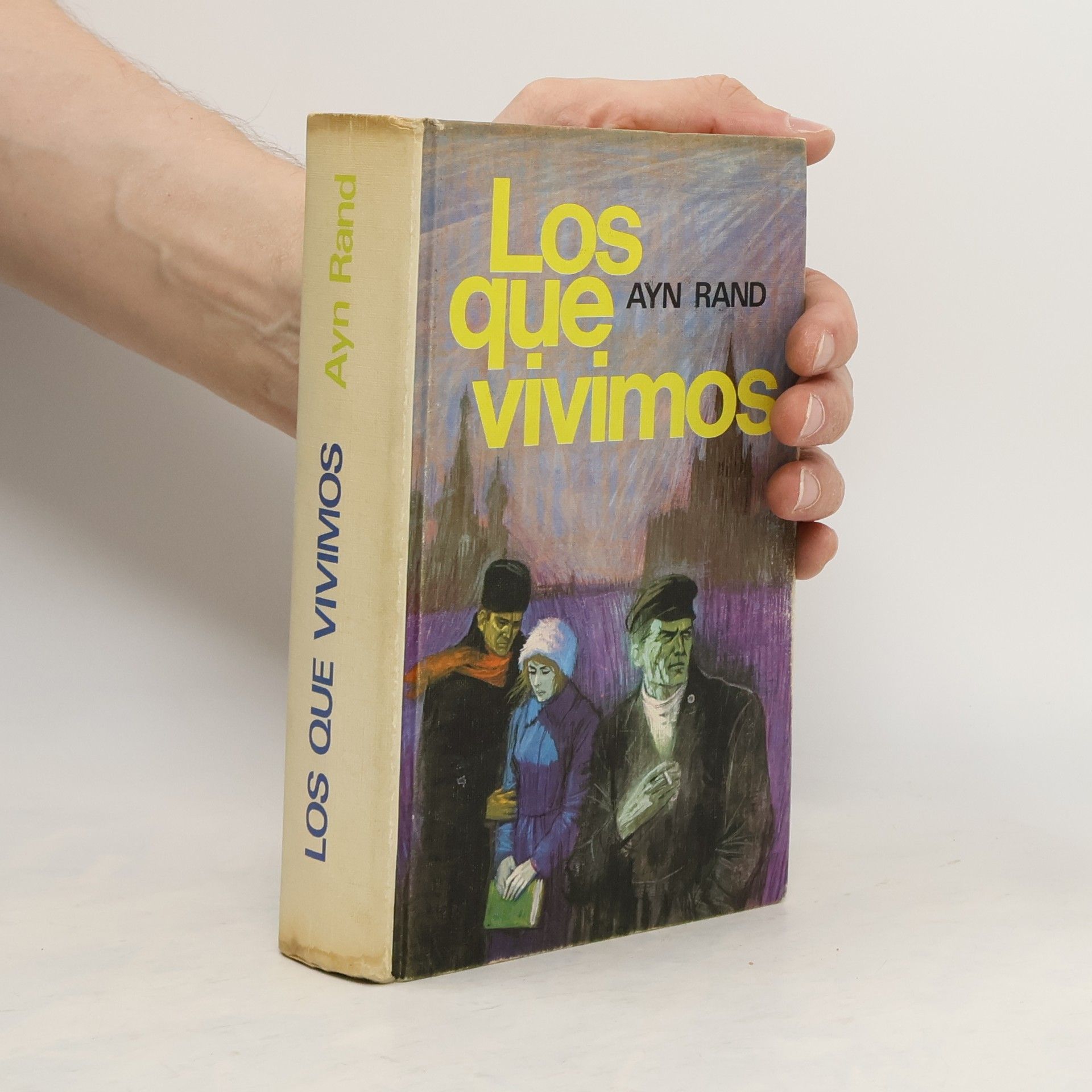Айн Рэнд Libros
La escritura de Ayn Rand está impulsada por su filosofía del Objetivismo, que defiende la razón, el individualismo y el capitalismo de libre mercado. Sus narrativas exploran las luchas de mentes independientes contra las presiones sociales y la mediocridad colectivista. A través de sus personajes distintivamente apasionados y principistas, Rand investiga la naturaleza del logro y el imperativo moral del interés propio. Su obra ofrece una exploración poderosa, aunque a menudo controvertida, del potencial humano y la estructura social.







Atlas Shrugged. The Fountainhead
- 2 volúmenes
In two novels, an architect takes drastic action after someone changes the plans for one of his buildings, and government leaders seeking control over all business become frantic as leaders from industrial companies suddenly disappear.
Letters of Ayn Rand
- 706 páginas
- 25 horas de lectura
The letters of Ayn Rand reveal the dynamic interplay between her vibrant personality and her intellectual prowess. Celebrated by her admirers and those engaged in contemporary political, philosophical, and artistic debates, these letters showcase her unwavering commitment to individual freedom and her role as a rational thinker. This collection offers insights into the life and thoughts of a woman who profoundly influenced modern thought.
We the Living. 75th Anniversary Edition
- 464 páginas
- 17 horas de lectura
Traces the impact of the Russian Revolution on three people who try to challenge the new regime.
In the tumultuous late 60s and early 70s, a social movement known as the "New Left" emerged as a major cultural influence, especially on the youth of America. It was a movement that embraced "flower-power" and psychedelic "consciousness-expansion," that lionized Ho Chi Minh and Fidel Castro and launched the Black Panthers and the Theater of the Absurd.In Return Of The Primitive (originally published in 1971 as The New Left ), Ayn Rand , bestselling novelist and originator of the theory of Objectivism, identified the intellectual roots of this movement. She urged people to repudiate its mindless nihilism and to uphold, instead, a philosophy of reason, individualism, capitalism, and technological progress.Editor Peter Schwartz , in this new, expanded version of The New Left , has reorganized Rand's essays and added some of his own in order to underscore the continuing relevance of her analysis of that period. He examines such current ideologies as feminism, environmentalism and multiculturalism and argues that the same primitive, tribalist, "anti-industrial" mentality which animated the New Left a generation ago is shaping society today.
A prolific writer, bestselling novelist, and world-renowned philosopher, Ayn Rand defined a full system of thought--from epistemology to aesthetics. Her writing is so extensive and the range of issues she covers so enormous that those interested in finding her discussions of a given topic may have to search through many sources to locate the relevant passage. The Ayn Rand Lexicon brings together all the key ideas of her philosophy of Objectivism. Begun under Rand's supervision, this unique volume is an invaluable guide to her philosophy or reason, self-interest and laissez-faire capitalism--the philosophy so brilliantly dramatized in her novels The Fountainhead, We the Living, and Anthem.

